Activism
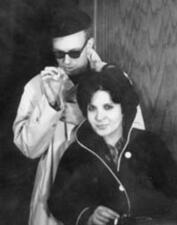
Roberta Galler
Helene Gans

Alicia Garza
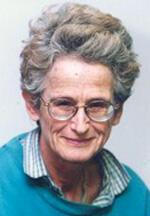
Ruth Gavison
Ruth Gay
Through her writing, Ruth Glazer Gay captured an engaging view of the Jewish community, both past and present. As a writer, journalist, and archivist, she demonstrated throughout her life the possibility of having an intellectually vibrant career while still accommodating marriage and motherhood.

Laura Geller
Mary Gendler
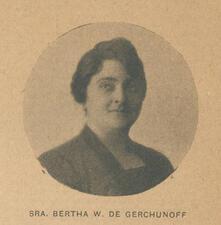
Berta Gerchunoff
Berta Wainstein de Gerchunoff was an Argentine socialist, feminist, and later Zionist leader. As President of the Argentine branch of WIZO, she led an exponential growth of women’s Zionist commitments all over Latin America.
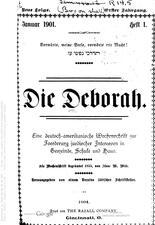
German Immigrant Period in the United States
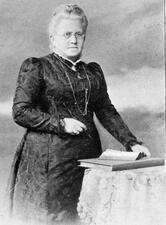
Germany: 1750-1945
The Jewish Reform movement did not liberate women from their subordinate religious status, and the nineteenth-century bourgeois German family ideal with its rigid gender roles soon eclipsed the fluid structure of premodern Jewish families. Jewish women were expected to transmit German bourgeois values while also shaping their children’s Jewish identity.
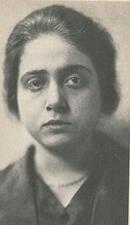
Therese Giehse
Focusing on difficult roles written for older women, Therese Giehse earned a reputation as a talented actress who brought Bertolt Brecht’s works to life. She co-founded an anti-Nazi literary cabaret called The Peppermill in 1933 and was known for touring successful anti-fascist theaterical works. She had a long collaboration with Brecht and developed a reputation as an “intellectual popular actress.”
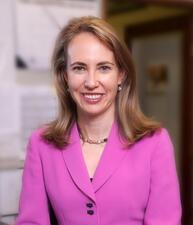
Gabrielle Giffords
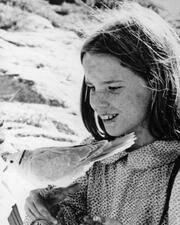
Melissa Gilbert
Susan Brandeis Gilbert

Carol Gilligan
The pioneering work of American psychologist Carol Gilligan changed the way the field of psychology studied women and, arguably, the way society views women. Challenging mainstream psychology through her interrogation of the accepted benchmarks of moral and personal development, she proposed that women and men have different moral criteria and follow different paths in maturation.
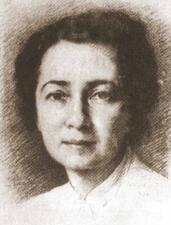
Rosa Ginossar
Rosa Ginossar’s determined lobbying of the British Authority in Palestine won women the right to practice law in Israel.
Ida Ginsburg
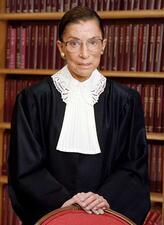
Ruth Bader Ginsburg
Ruth Bader Ginsburg is a unique figure in the history of American law, and indeed, of the twentieth-century women’s rights movement. The founder of the American Civil Liberties Union Women’s Rights Project in 1972, she was confirmed for the United States District Court for the District of Columbia in 1980 and became the first Jewish woman on the Supreme Court in 1993.
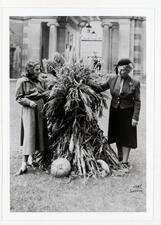
Adele Ginzberg
Known as “Mama G.” by generations of admirers, Adele Ginzberg was an influential figure in the Conservative Movement as wife of the famed Louis Ginzberg, professor of Talmud at the Jewish Theological Seminary, and was an active member of the National Women’s League of the United Synagogue. Ginzberg was a role model and inspiration to rabbinical students and women leaders and an early supporter of equal rights for women in synagogue rituals.

Elizabeth Glaser
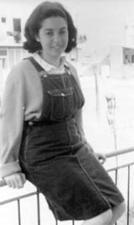
Miriam Cohen Glickman
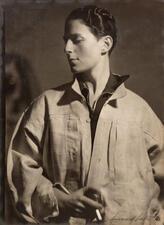
Gluck (b. Hannah Gluckstein)
A self-proclaimed individualist, Gluck painted outside abstract contemporary trends. Instead, Gluck naturalistically painted subjects reflecting her personal life and social circle, making her a unique character in the modern British art scene. Gluck was also proud of her queer, androgynous identity, which she infused into her artwork.
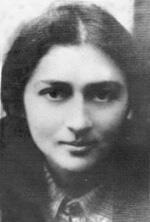
Mire Gola
A passionate idealist, Mire Gola organized anti-German resistance in World War II as a Communist in occupied Poland. She inspired others with her eloquent poetry and her fortitude through imprisonment and torture.
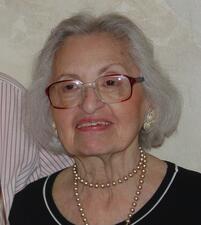
Doris Bauman Gold
Doris Bauman Gold was motivated by her long participation in Jewish organizational life to found Biblio Press, dedicated to educating Jewish women about their own history and accomplishments. Through Biblio Press, Gold published more than 27 general audience books that address and illuminate the culture, history, experiences, and spiritual yearnings of Jewish women.



